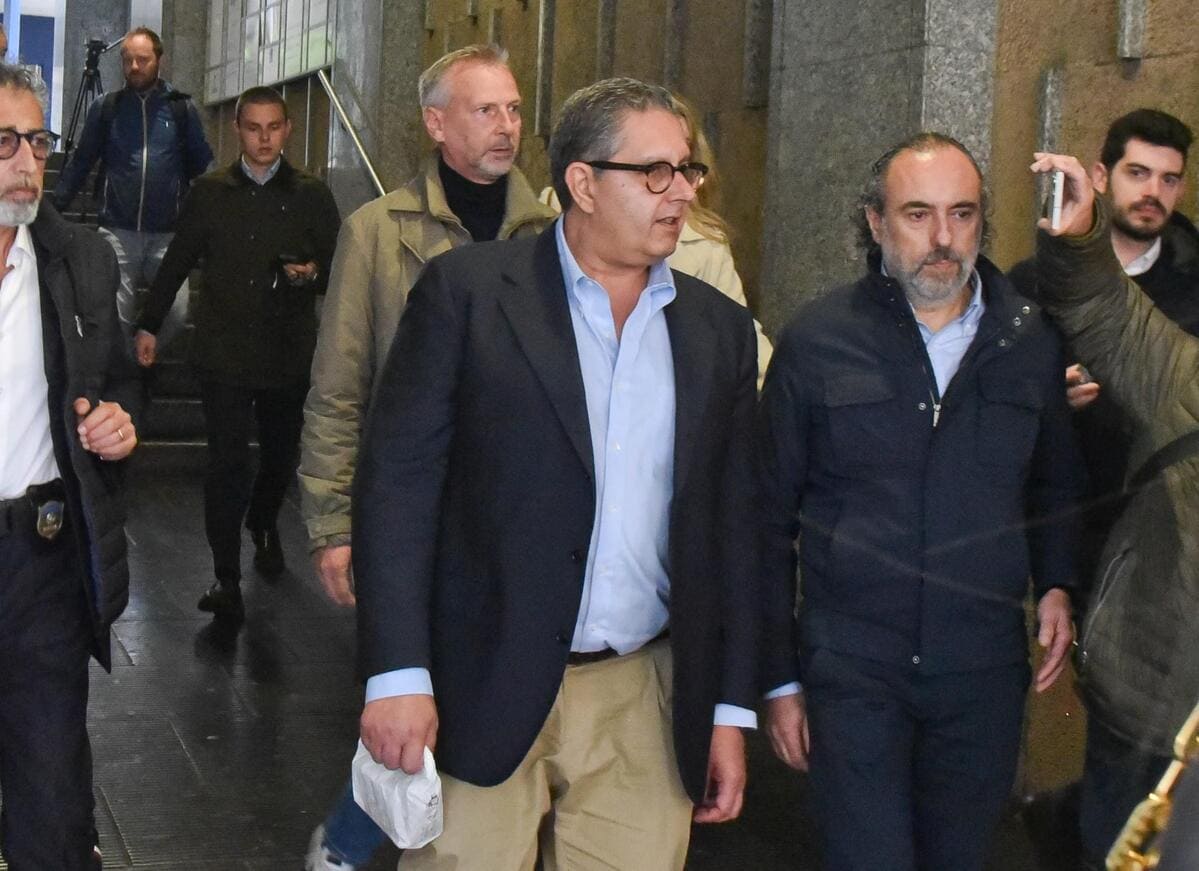
Another political scandal is making headlines a month before the European elections, this time involving the governor of Liguria, Giovanni Toti. The familiar script of politics, luxury, and alleged mafia connections unfolds once again, drawing attention to accusations rather than the defense’s side of the story.
The Toti case follows the well-established pattern of sensationalizing political and legal affairs in Italy: wiretapped conversations hinting at shady dealings, involvement of escorts, yachts, casino chips, reserved beach spots, and other perks that could be straight out of a Vanzina movie. The narrative typically weaves together politicians, businessmen, mafia figures, and their inevitably tainted influence over ports or supermarkets. The details may differ, but the storyline remains largely unchanged.
Recent cases of “regional presidents investigated, publicly shamed, and later acquitted” serve as a stark reminder of the cyclical nature of political scandals in Italy. Suspicious timing and exaggerated preventive detention measures, as observed in Toti’s case, raise questions about the judicial processes during crucial electoral moments.
Contributions via Bank Transfer
Amidst the allegations against Toti, a crucial detail seems to have been overlooked by most media outlets. Reports indicate that Toti is accused of corruption in the exercise of his official duties for accepting financial contributions from entrepreneurs through bank transfers to attend an electoral dinner. In exchange, the governor allegedly facilitated certain processes in their favor.
As highlighted by investigations, none of the members of the Liguria Regional Council or the Western Ligurian Sea Port Authority Committee, who might have acted on Toti’s received funds, are currently under investigation. This raises questions about the nature of these contributions and suggests that Toti’s actions were driven by political considerations rather than illicit intent.
No Escape for Anyone
The legal precedent set by cases like Formigoni’s emphasizes the complexity of interpreting corruption charges related to public functions. The blurred lines between legitimate political support and corrupt practices pose a significant challenge for politicians navigating campaign funding and public service obligations.
As the debate around electoral financing and legal accountability intensifies, the precarious balance between democratic processes and criminal liabilities remains a pressing issue. The overarching message seems to be that any form of financial assistance directed towards political figures can potentially be viewed as corrupt practices, irrespective of its transparency or intended purpose.



